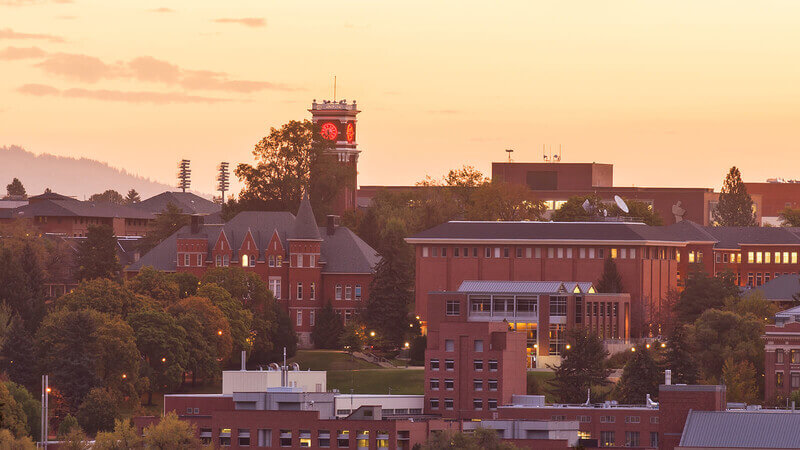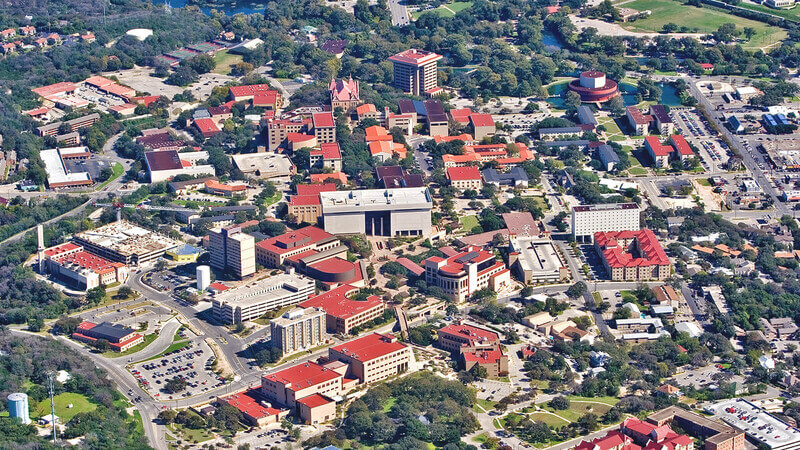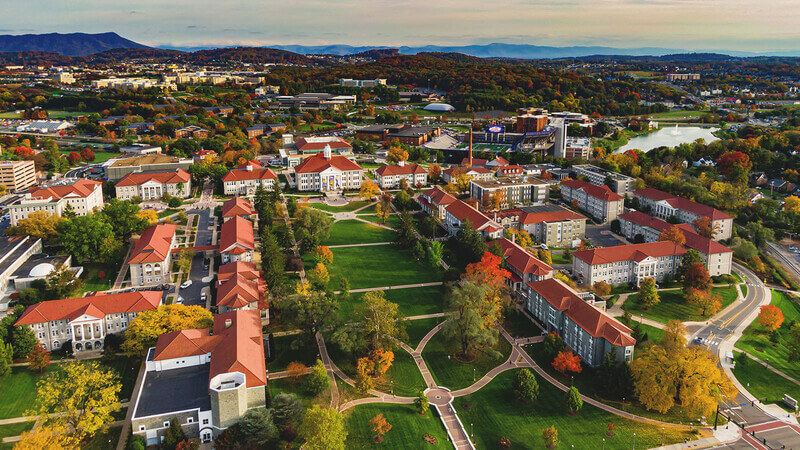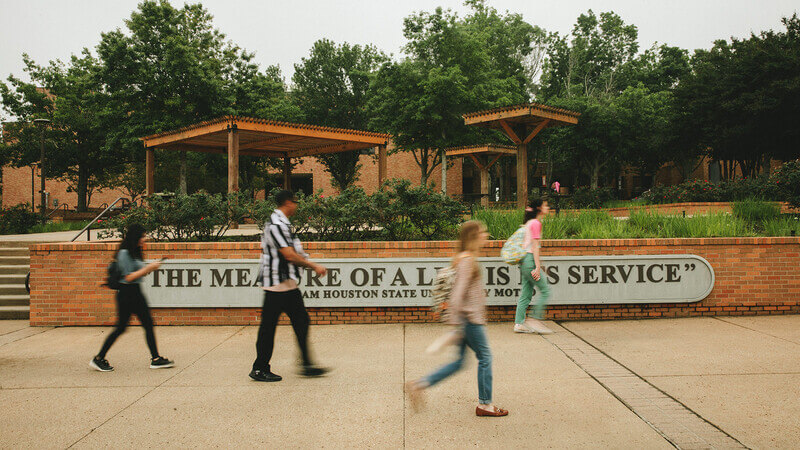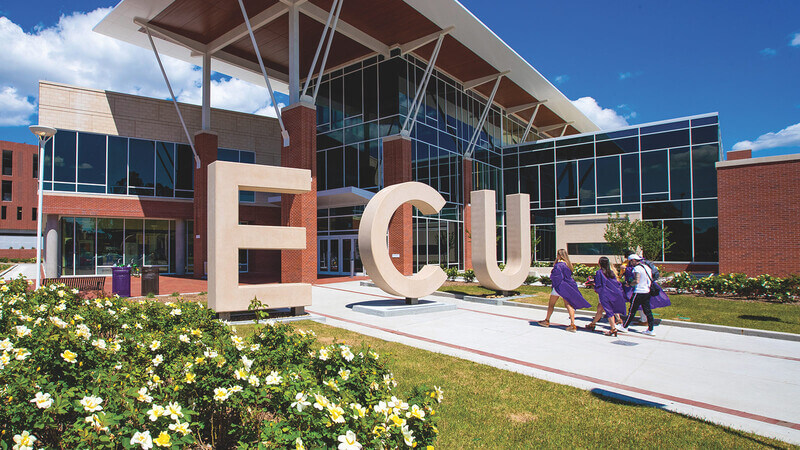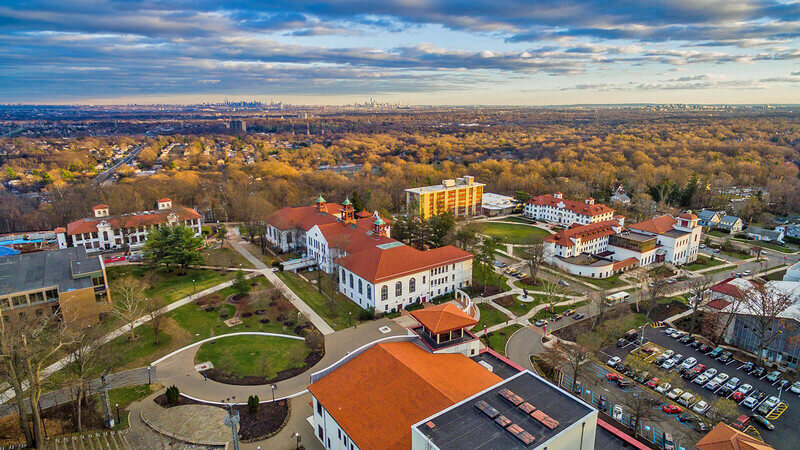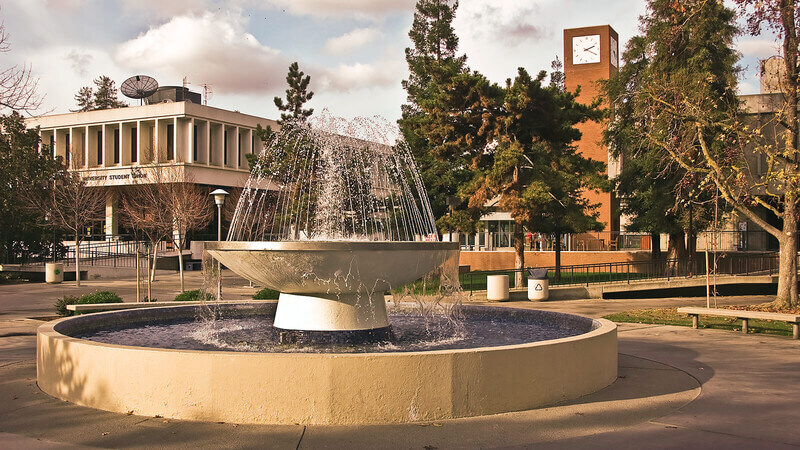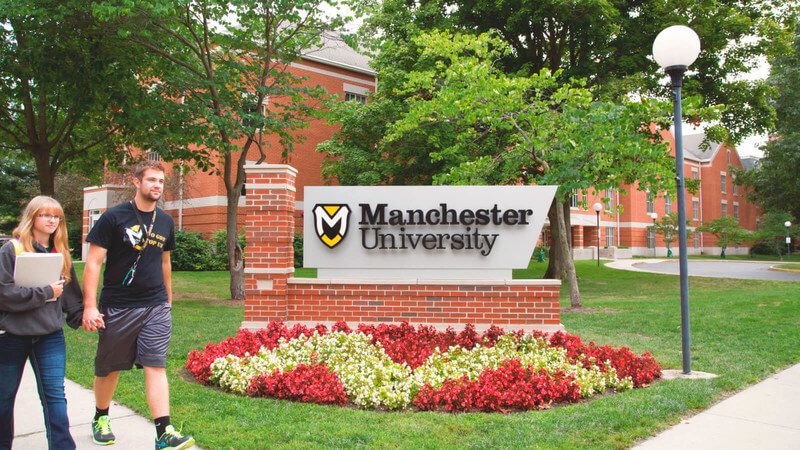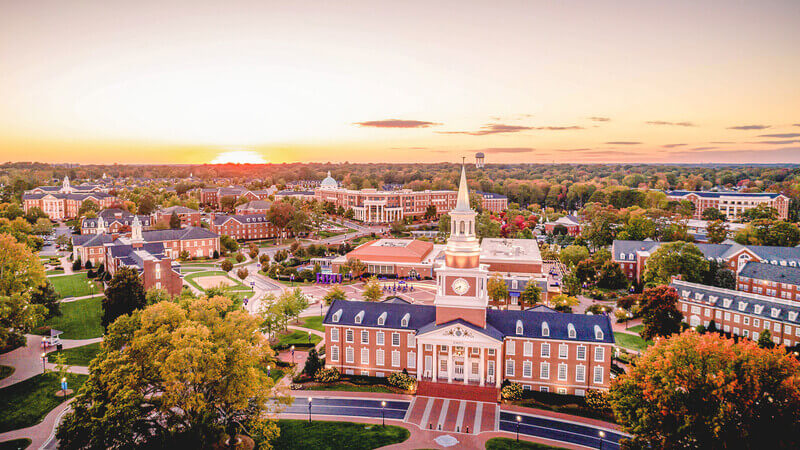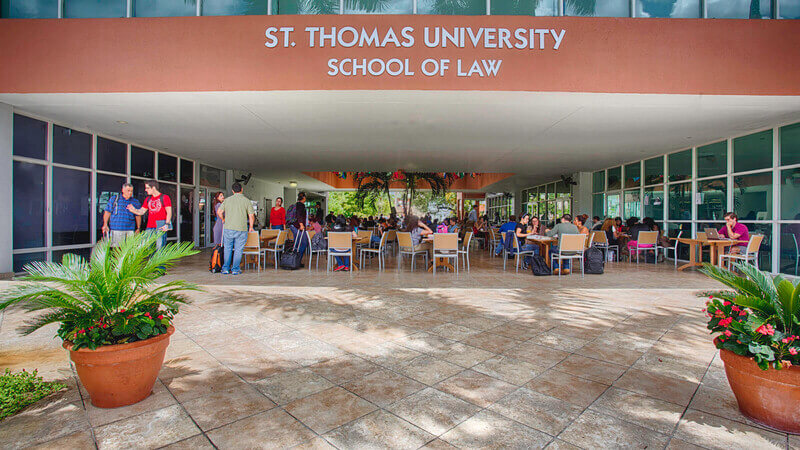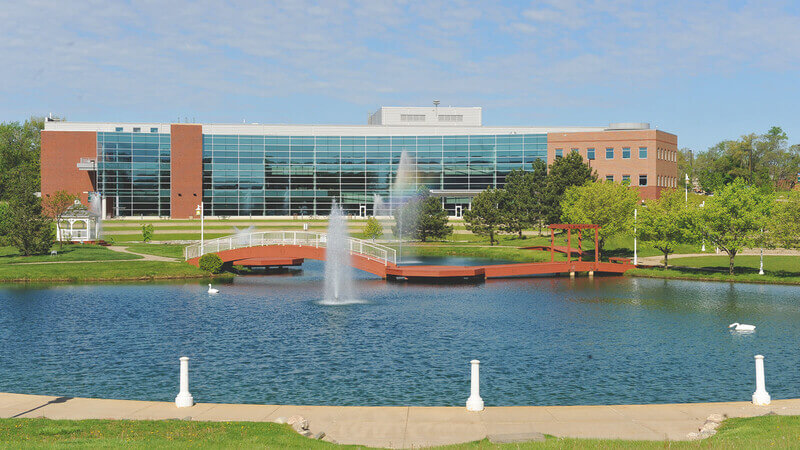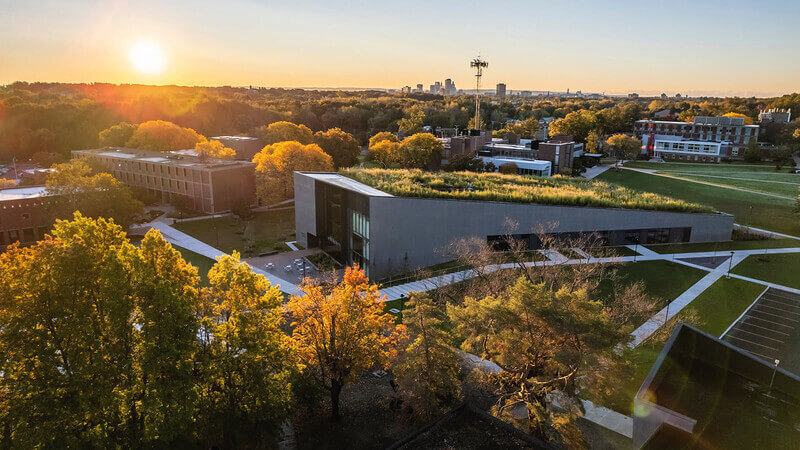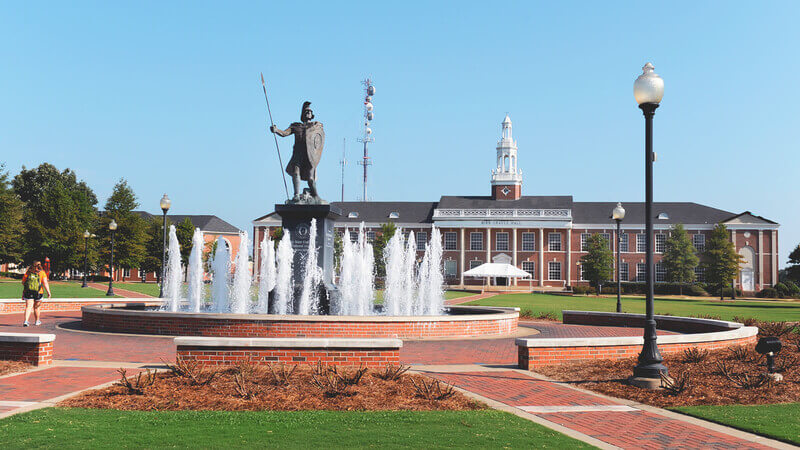3.3 GPA Colleges
Grade point average (GPA) is a measurement of academic performance by averaging all final grades received throughout your high school career. A 3.3 GPA is considered a “B” grade and is on the borderline between a B and a B+. Most (if not all) colleges and universities accept applications from students with a 3.3 GPA.
What is a 3.3 GPA?
In the United States, a 3.3 GPA is a grade point average of 3.3 on a scale of 4.0. This type of grading scale is typically used to measure academic performance in high schools, colleges, and universities.
Is a 3.3 GPA Good?
Because a 3.3 GPA is on the cusp of a B+ average, it indicates good performance in all classes with a consistently positive record on tests and homework assignments. With this in mind, a 3.3 GPA makes your application competitive at most schools.
What percentile is a 3.3 GPA?
A 3.3 GPA equates to an 88%, or B+ average grade throughout your high school career. It shows consistent comprehension of materials and performance!
How Does a 3.3 GPA Affect College Admissions?
A 3.3 GPA is a strong GPA, falling within the range of the top 25-30% of students. But it may not guarantee admission to highly selective colleges. Admissions committees consider many factors when making their decisions, including GPA, test scores, extracurricular activities, recommendations, and essays.
A 3.3 GPA may make you a competitive candidate. But if you aren't sure, it's best to try to improve your GPA and other areas of your application.
What Colleges Can I Get Into With a 3.3 GPA?
With a 3.3 GPA, you’ll be competitive for admission at many colleges and universities. We’ve compiled a list of colleges with a history of accepting students with a 3.3-3.4 GPA below.
The most important thing at this point is to stay invested in doing the work that earned a 3.3 GPA. Identify the study habits and testing strategies that have been effective and repeat them.
Freshmen and Sophomores
If you’re in your freshman or sophomore year, a 3.3 GPA is a more than good foundation—it’s already competitive during the college application process. While the primary goal is to maintain that GPA, there’s always the opportunity to raise it, but the goal will depend on plans after high school graduation. If you’ve set your sights on an Ivy League, setting ambitious goals to reach a higher GPA will make you more competitive at prestigious schools. Whatever the next step, though, is the ideal time to get involved in extracurricular activities. Whether that’s a club devoted to a subject or topic you’re interested in, a sport you’re passionate about, or a community service project you believe in, finding something to do outside of class will make you a well-rounded applicant when the time comes!
Juniors
You're in a great spot if you’re a junior with a 3.3 GPA. Whether you’ve spent the past two years working hard to achieve the goal or you’ve been maintaining it, you’re in a good place—keep it up! If you’re still looking to improve some more, it’s possible to achieve a 3.5, but it would require a near-perfect semester with straight As. At this point, it’s time to concentrate on preparing for standardized tests, aka the ACT and SAT. Because most schools weigh standardized tests equally with GPA, be sure to balance test prep with regular academic study. Remember that a 3.3 GPA already makes you a competitive candidate at many colleges, so focus on topping off your academic performance with good standardized test scores.
Seniors
Once you’ve hit your senior year, raising a GPA even a tenth of a point is difficult. But if you have a 3.3 GPA, you’re already in a good place. The best course of action is maintaining that 3.3 and ensuring that all parts of your application present you in the best possible light. Be sure to dedicate enough time to composing an essay and assembling a list of after-school activities so that the application comprehensively showcases who you are and your academic career thus far. Visit your college counselor and ask for feedback on any parts of your application that need improvement so that your total package is as impressive as your GPA.
What Are Colleges Looking At Other Than a 3.3 High School GPA?
Getting a holistic view of an applicant is every admission officer’s goal, so the more you can show who you are as a person, not just in numbers, the better your application is likely to do. While you’ll also want to highlight things like your standardized test scores, make sure that you include any community service projects, involvement in afterschool clubs or sports, hobbies, jobs, and more. Any or all of the following work:
- SAT Scores / ACT Scores
- Extracurricular/After-school activities
- Your Sports
- Application Essays
- Volunteer Work / Community Service
- Jobs / Internships / Special Projects
What scholarships can you get with a 3.3 GPA?
With a 3.3 GPA, you’re eligible to apply for many scholarships. While some may require a 3.5 or higher, they account for only a small portion of available scholarships. Start applying for scholarships today to offset tuition costs!
How Do You Calculate GPA?
You calculate grade point average like this:
1. Assign a numerical value to each letter grade received. Most schools use a 4.0 scale, where an A is assigned a 4.0, a B is assigned a 3.0, a C is assigned a 2.0, a D is assigned a 1.0, and an F is assigned a 0.
2. Multiply the numerical value of each grade by the number of credits for each class. For example, if you received an A in a 3-credit class, the grade point for that class would be 3 x 4.0 = 12.0.
3. Add up the total grade points for all classes. For example, if you received a total of three grades, an A, B, and C, with 12.0, 9.0, and 6.0 grade points, respectively. The sum would be 12.0 + 9.0 + 6.0 = 27.0.
4. Divide the total grade points by the total number of credits. For example, if the total number of credits for the three classes is 9, the GPA would be 27.0 ÷ 9 = 3.0.
This is the basic formula for calculating GPA. Some schools or universities may use a different scale or assign a different weight to some classes, so it's important to understand the specific method used by your school.
What is a Weighted vs. Unweighted GPA?
A weighted GPA considers the difficulty of the classes you take. Honors, Advanced Placement (AP), and International Baccalaureate (IB) classes typically have a higher weight, meaning that a higher grade in these classes will result in a higher GPA. A weighted GPA is often used in college admissions to assess the academic rigor of a student's high school curriculum.
An unweighted GPA, on the other hand, assigns a standard value to each letter grade regardless of the class's difficulty level. An A in an honors class is assigned the same value as an A in a regular class. An unweighted GPA is often used in high school to give a general overview of a student's academic performance.
Explore Colleges for Every GPA with Appily
Ready to explore colleges that accept a GPA like yours? We have a comprehensive database to help you find and research schools. There, you can see essential data points like acceptance rate, average financial aid award, average test scores, and application deadlines, including those for rolling admission, early decision, and early action schools.
